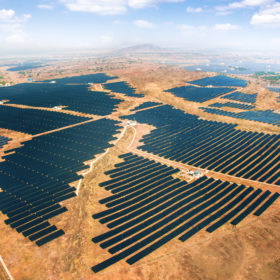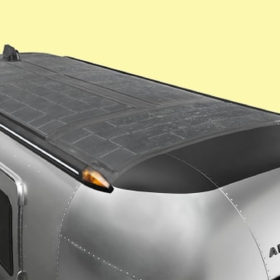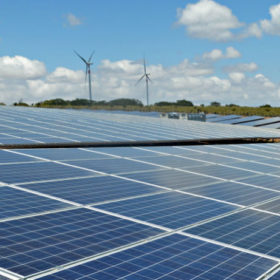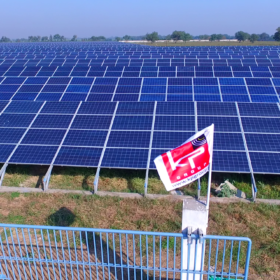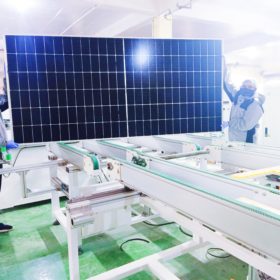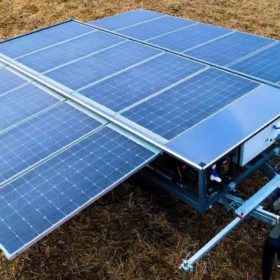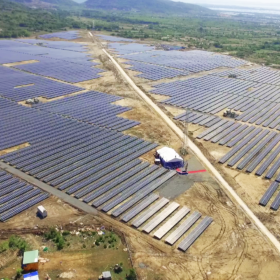How solar installations can benefit real estate developers
For real estate developers, now is the best time to install a solar energy system in their projects because solar rebates, tax credits, and incentives are at all-time highs. At the same time, a solar energy system may help them prepare for tomorrow’s specific difficulties while also saving money now.
SJVN targets 10 GW of solar projects in Rajasthan over five years
The State-owned hydropower producer has proposed an investment of INR 50,000 crore (around US$6,683 million) to develop 10 GW of solar power projects in the State in the next five years.
Solar-powered camper from Airstream is a two-wheeled electric car
The camper can be driven and parked without the use of a car, is integrated with solar, and optimized for the electric vehicle revolution.
ReNew Power commissions Gujarat’s first wind-solar hybrid project
The developer has commissioned a 17.6 MW captive wind-solar project to supply clean energy to Grasim Industries Limited’s Chlor-Alkali unit in the Bharuch district. The second phase will see an additional installation of 16.68 MW for the same unit.
KPI bags 25 MW commercial solar order, Sungrow signs inverter contract for 50 MW of PV projects
Gujarat-based KPI Global will execute a 25 MW DC solar project for Greenlab Diamonds. Sungrow has signed a contract with Roofsol Energy to implement its solar inverter solutions for 50 MW solar projects across India.
Saatvik Solar doubles module capacity to 1GW with new fab
The Indian solar manufacturer’s new facility in Haryana is equipped to make mono PERC, half-cut, multi-busbar technology, to produce high-efficiency PV modules with 530-610Wp of power output.
SECI tenders 25 kW green hydrogen project for a hospital in Ladakh
The selected developer will be required to set up a 25 kW green hydrogen project at Sonam Norboo Memorial (SNM) Hospital in the Leh district, for the supply of electricity, heat, and oxygen to the hospital. Bidding closes on March 10.
US government extends Section 201 tariffs on imported PV panels, cells
The Biden administration has upheld an exclusion for bifacial panels in its new extension of Section 201 tariffs, while ramping up the annual tariff rate quota for cells to 5GW.
Solar trailer for off-grid applications from France
Developed by French start-up Ecosun, the trailer is equipped with 15 solar panels with output of 360 W and batteries with a storage capacity of 23 kWh. It can be used for construction sites, military camps and water pumping systems.
Waaree Renewable awarded 180 MW solar project in Tamil Nadu
After 140 MW in Gujarat, the company has secured a 180 MW DC solar project in Tamil Nadu. It shall set up the plant on a turnkey basis.

